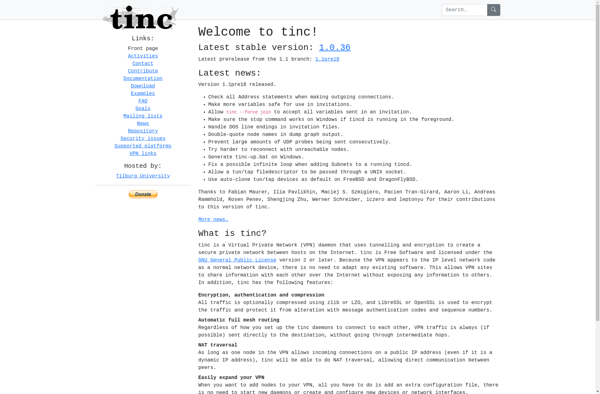Nebula by Slack

Nebula: Self-Hosted VPN for Secure Team Access
Securely access internal tools and services without exposing them directly to the internet with Nebula, a self-hosted VPN by Slack.
What is Nebula by Slack?
Nebula is a lightweight, open-source, self-hosted VPN created by Slack that makes it easy for development and operations teams to securely access services deployed on internal networks. It creates an encrypted overlay network that sits on top of the public internet, routing traffic through secure WebSocket connections to proxy servers running inside an organization's infrastructure.
By tunneling traffic through Nebula, teams can gain access to internal services like databases, CI/CD pipelines, metrics dashboards, and more without complex VPN setups or punching holes in firewalls to expose them to the open internet. This improves security and reduces the surface area vulnerable to attacks.
Some key capabilities and use cases for Nebula include:
- Secure remote access for distributed teams and mobile/remote employees
- Accessing services hosted in hybrid/multi-cloud environments
- Segmenting access and improving zero-trust security models
- Replacing complex VPNs agents with simple proxy routing
Nebula proxies can run anywhere, including on Kubernetes, containers, bare metal and VMs inside private data centers. Installation on most platforms takes just a single command or script execution. Clients also support all major desktop and mobile platforms.
With its ease of deployment, small resource footprint and ability to handle thousands of simultaneous connections, Nebula is built specifically for the needs of lean IT teams at high-growth startups and digital native companies.
Nebula by Slack Features
Features
- Self-hosted VPN
- Secure remote access
- Zero trust network access
- Access internal tools/services
- Encrypted overlay network
- Avoid complex firewall/VPN configs
Pricing
- Open Source
Pros
Cons
Official Links
Reviews & Ratings
Login to ReviewThe Best Nebula by Slack Alternatives
Top Network & Admin and Vpn and other similar apps like Nebula by Slack
Here are some alternatives to Nebula by Slack:
Suggest an alternative ❐LogMeIn Hamachi

ZeroTier

Tinc VPN
